-
Padur, Kelambakkam (OMR), Rajiv Gandhi Salai, Chennai - 603 103.
-
Campus: 044 69034444 / 7824080621 Admission: 044 24469714 /9789885555
Padur, Kelambakkam (OMR), Rajiv Gandhi Salai, Chennai - 603 103.
Campus: 044 69034444 / 7824080621 Admission: 044 24469714 /9789885555
The Department of Computer Science was commenced in 1995 with a vision to prepare young men and women for the opportunities in the field of computers. Exposure to all areas of Computer Science is needed to face the challenges posed by technological advancement. Hence, a balanced curriculum of software and hardware was designed by the University of Madras. The department offers courses with comprehensive combination of Computer Applications, Digital Electronics, Statistics and Mathematics.
The Department aims at providing high quality training to students through the latest technology. In order to maintain the standard of education, University of Madras upgraded the academic syllabi to CBCS pattern so as to keep the students well trained to deal with changing trends in the field of Computer Science and Technology. The syllabus and courseware are planned to be flexible and wide-ranging, incorporating the cutting edge as well as ensuring a firm grasp of core fundamentals.
The significance of computer science is to give more importance to the fast emerging IT world. The course provides a wide range of subjects like Digital Logical Fundamentals, Microprocessor, C, C++, JAVA, VISUAL BASIC, RDBMS, Networking, Computer Architecture, Web Technology, etc. After completing the course, they can pursue higher studies or can start their career in IT or Non – IT fields.
https://hcaschennai.edu.in/files/1/National_Conference_Mrs.S.Punithavathi.pdf
https://hcaschennai.edu.in/files/1/International_Conference_Dr.N.Susitha.pdf
https://hcaschennai.edu.in/files/1/International_Conference_ICRICS'17.pdf
https://hcaschennai.edu.in/files/1/International_Conference_Mrs.N.Priya.pdf
| I Year | II Year | III Year |
|---|---|---|
| Semester - I | Semester - III | Semester - V |
| Tamil/ Other languages -I | Tamil/ Other languages – III | Core IX: Operating System |
| English - I | English – III | Core X: Operating System Practical |
|
CC I: Python Programming |
CC V: Java Programming |
Core XI: Relational Database
|
|
CC II: Python Programming Practical |
CC VI: Java Programming Practical
|
Core XII: Relational Database
|
| EC I: Mathematics I | EC III: Statistics I | EC-V: Computer Network/Mobile Ad-hoc Network/ Data Mining and Warehousing |
|
SEC 1: Office Automation
|
SEC IV:Web Page Design Practical |
EC-VI: Software Engineering/
|
| FC: Fundamentals of Computers |
NMC 2
|
NMC IV(SEC VII)- Naan Mudhalvan Internship/Industrial Training
|
| Environmental Studies | Value Education | |
| Semester - II | Semester - IV | Semester - VI |
| Tamil/ Other languages – II | Tamil/ Other languages – IV | Core XIII: Programming in ASP.NET |
| English –II | English – IV |
Core XIV: Programming in ASP.NET Practical |
|
CC III: Introduction to Computer Architecture and Microprocessor |
CC– VII:Data Structures & Algorithms |
Core XV: Project with Viva Voce |
|
CC IV: Introduction to Computer Architecture and Microprocessor Practical |
CC– VIII:Data Structures & Algorithms Practical |
EC-VII: Artificial Intelligence/
|
| EC II: Mathematics II |
EC IV- Statistics II |
EC-VIII: Cloud Computing/
|
|
SEC II: Quantitative Aptitude Basic Tamil/Advanced Tamil |
NMC 3(SEC VI)-Naan Muthalvan |
NMC V-Naam Mudhalvan/Professional Competency skill |
|
SEC III: Problem Solving Techniques Soft Skills-II |
Environmental Studies | Extension Activity |
| Value Education |
| I Year | II Year |
|---|---|
| Semester - I | Semester - III |
| C++ and Data Structures | Computer Networks |
| Computer Architecture | Design and Analysis of Algorithms |
| Database Management Systems | Advanced Java Programming |
| Elective - I: Visual Programming / E-Commerce / Programming in ‘C’ | Information Security |
| Practical- I Data Structures Lab Using C++ | Elective-IV: Mobile Computing / Artificial Intelligence / Computer Graphics |
| Practical-II RDBMS Lab | Practical-V: Advanced Java Programming |
| Soft Skills-III Life and Managerial Skills (Level-II) | |
| Soft Skills-IV: Foreign Language Skills, French | |
| Soft Skills – I Language And Communication (Advanced Level) | Soft Skills-IV: Foreign Language Skills, Italy |
| Soft Skills-IV: Foreign Language Skills, German | |
| Internship | |
| Semester - II | Semester - IV |
| Operating System | Project (Viva-Voce) |
| Programming in Java | |
| Elective II: Software Engineering / Data Warehousing and Data Mining / Software Testing |
|
| Elective III: Internet Technology / Multimedia Systems / Windows Programming |
|
| Practical-III: Programming in Java Lab | |
| Practical-IV: Based on Elective | |
| Soft Skill-II: Spoken and Presentation Skills (Advanced Level) |
| I Year | II Year |
|---|---|
| Semester - I | Semester - III |
| Design and Analysis of Algorithms | Principles of Compiler Design |
| Advanced Java Programming | Information Security |
| System Software | Artificial Intelligence |
| Theoretical Foundations of Computer Science | Elective-II: Big Data Analytics / Cryptography/ Distributed DB Systems |
| Practical- I: Algorithms Lab | Elective-III: Multimedia Systems / E-Commerce / Cloud Computing |
| Practical – II: Advanced Java Programming | Practical-V: Mini-Project |
| Soft Skills-IV: Foreign Language Skills, French | |
| Soft Skills – I Language And Communication (Advanced Level) | Soft Skills-IV: Foreign Language Skills, Italy |
| Soft Skills-IV: Foreign Language Skills, German | |
| Internship | |
| Semester - II | Semester - IV |
| Computer Networks | Project (Viva-Voce) |
| Digital Image Processing | |
| Practical-III RDBMS Lab | |
| Elective I: Mobile Computing / Computer Simulation and Modeling/ Computer Graphics |
|
| Object Oriented Analysis and Design | |
| Practical-IV: Image Processing using Java Lab |
| I Year | II Year | III Year |
|---|---|---|
| Semester - I | Semester - III | Semester - V |
| Language Paper-I | Core III: Data Structures | Core IX: Software Engineering |
| English Paper-I | Core IV: Java programming | Core X: Operating System |
| Core Course - I: Python Programming | Core V: Computer Organization |
Core XI: Relational Database Management System |
|
Core Course - II: Python Programming Practical |
Practical III: Data Structures using Java Lab |
Practical V: Operating System Lab |
|
|
Allied III: Financial Accounting | Practical VI: PL/SQL Lab |
|
Skill Enhancement Course - I: Office Automation * |
Soft Skill – III | Elective - I |
|
Basic Tamil-I (Other Language Students) * |
Environmental Studies | Value Education |
|
Advanced Tamil-I (Other Language Students) * |
||
|
Foundation Course FC: Fundamentals of Computers |
||
| Semester - II | Semester - IV | Semester - VI |
| Language Paper-II | Core VI: Open Source Technologies |
Core XII: Web Design and Development |
|
English Paper-II |
Core VII: Computer Network | Core XIII: Data Mining |
|
Core Course - III: Object Oriented Programming using C++ |
Core VIII : E-Commerce technologies |
Core XIV: Mobile Application Development |
|
Core Course - IV: Object Oriented Programming using C++ Practical |
Practical – IV Open Source Technologies Lab |
Practical VII: Mobile Application Development Lab |
|
Elective Course - II Generic / Discipline Specific (Any one): |
Allied IV: Cost & Management Accounting |
Elective –II |
|
Skill Enhancement Course - II: Office Automation Practical * |
Soft Skill – IV | Mini Project |
|
Basic Tamil-II (Other Language Students) * |
Environmental Studies | Extension Activities |
|
Advanced Tamil-II (Other Language Students) * |
||
|
Skill Enhancement Course - III: Quantitative aptitude |
Hands-On Learning: Acquire practical skills through hands-on projects, working with real-world datasets to solve complex problems.
Expert Faculty: Learn from seasoned professionals and esteemed faculty who bring a wealth of industry knowledge into the classroom.
Advanced Technologies: Access state-of-the-art labs and technology, gaining proficiency in the latest tools and techniques used in the field.
Industry Connections: Leverage our extensive network for internships, industry projects, and guest lectures, connecting theory to real-world applications.
Capstone Projects: Showcase your skills through impactful capstone projects, demonstrating your readiness for the dynamic field of data science.
· High Demand: Data Science professionals are in high demand globally, as businesses increasingly rely on data-driven insights to make strategic decisions.
· Diverse Applications: Data Science finds applications in diverse fields such as finance, healthcare, retail, marketing, cyber security, and more. Virtually every industry benefits from data analysis and predictive modeling.
· Career Opportunities: Graduates of Data Science courses can pursue careers as Data Scientists, Data Analysts, Machine Learning Engineers, Business Analysts, AI Specialists, and more. The demand for skilled professionals in these roles continues to grow.
· Advanced Technologies: Students learn to work with advanced technologies such as machine learning, deep learning, natural language processing, big data analytics, and cloud computing. These skills are highly valued in today's job market.
· Research and Innovation: Data Science courses often emphasize research and innovation, enabling students to contribute to cutting-edge developments in the field. This could involve developing new algorithms, improving data processing techniques, or discovering novel applications for data analysis.
· Global Reach: Data Science is a global field, with opportunities available in various countries and regions around the world. This provides graduates with the flexibility to work internationally and explore diverse cultures and business environments.
1. Web Designing
The Web Designing Add-On Course is designed to equip students with the essential skills and knowledge required to create dynamic, responsive, and visually appealing websites. This course combines both theoretical concepts and practical training to provide a comprehensive understanding of modern web development techniques.
2. Cybersecurity
A Cybersecurity Add-on Course is typically designed to provide in-depth knowledge of various cybersecurity practices, technologies, and strategies. It serves as a supplementary program to enhance existing IT skills or as a bridge for those transitioning into the field of cybersecurity.
3. Excel Mastery
An Excel Mastery Add-on Course is designed to provide in-depth knowledge and advanced skills in Microsoft Excel, one of the most widely used tools for data analysis, reporting, and business operations. The course typically includes hands-on exercises, case studies, and projects to ensure students not only understand the concepts but can apply them in real-world situations.
The Hindustan College of Arts & Science signed an MOU with Integrated Intelligent Research (IIR), Chennai for academic and technical interchanges in training, research and other activities like
Short term training.
Skill Development Program.
Professional Development Program.
Faculty Development Program.
Joint research activities.
Joint conferences and other academic meetings.
Students Internship and all possible program based on common interest
Integrated Intelligent Research (IIR) is a gateway for Educational Empowerment in India established in the year 2012. IIR is a solution provider for Training and Development, Research, Journals, Publications, Conferences, Placement, Outcome Based Education (OBE) and Educational Quality Management System (E-QMS) Consultancy Services towards accreditations for continuous improvement of Educational institutions.
Fundamentals of Data Science with Python will be conducted for final year B.Sc(CS), BCA and M.Sc IT & CS, students in association with Integrated Intelligent Research(IIR), Chennai.

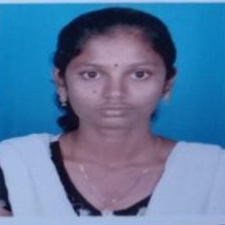
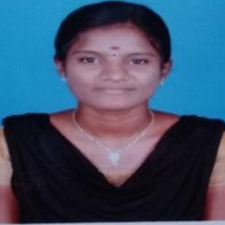
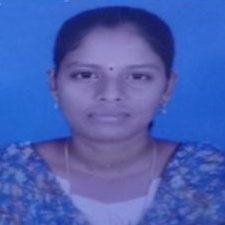

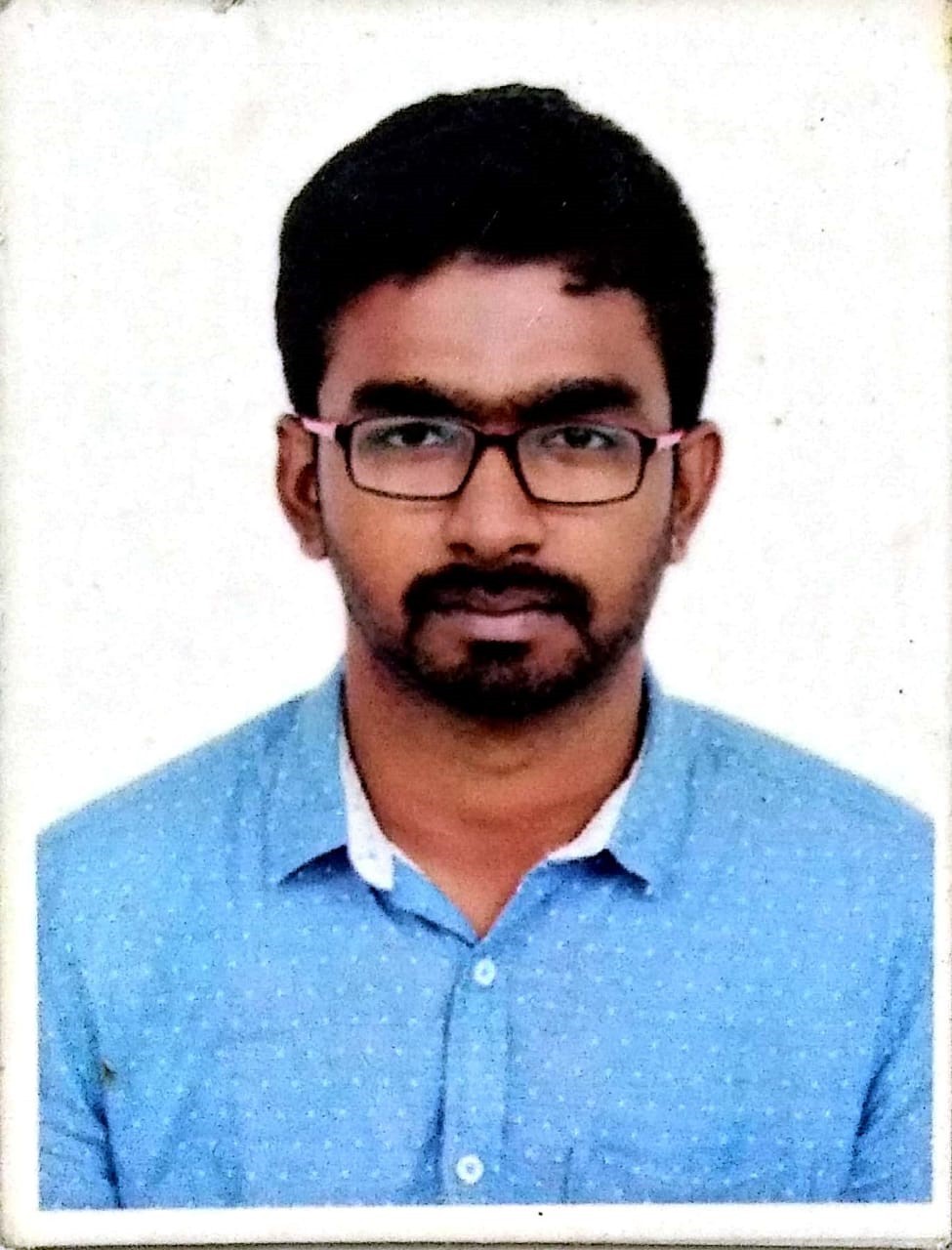





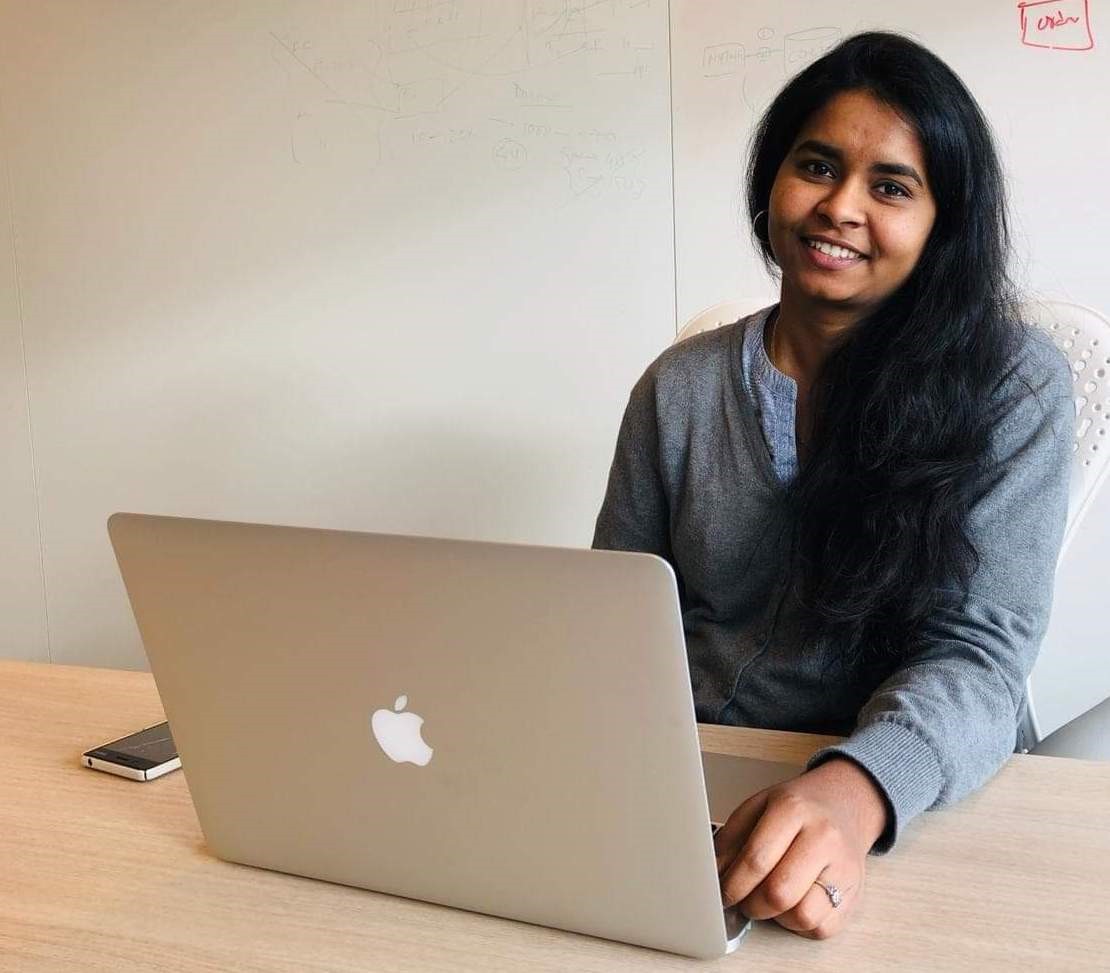
Career Opportunities after B.Sc. in Computer Science are: Software Developer, Data Scientist, Artificial Intelligence professional, Cloud Engineer, Game Developer, Database Administrator, Software Engineer, Network System Administrator, System Analyst, Web Designer and Test Engineer, etc.,
Analytical skills: Students can identify and address any technical problem using technological solutions.
Problem-solving skills: Students are capable to solve complex problems in a systematic and logical way.
Creativity: Students can provide solutions in creative and aesthetic manner.
Critical-thinking skills: A critical thinker can find innovative solution and save time.
M.Sc. (Computer Science)
M.Sc. (Information Technology)
M.Sc. (Data Science)
M.Sc. (Artificial Intelligence)
M.Sc. (Cyber Security)
M.C.A.
M.B.A.
Many other Certificate and Diploma courses can also be done in parallel.
Students who successfully finish the degree have excellent opportunities for placements through our Placement Cell.
Interviews with prominent companies like Capgemini, Cognizant Technology Solutions, Hewlett Packard, IBM, Infosys, Wipro, Tata Consultancy Services etc., are arranged.
Students can develop the capability to analyze, design, implement and test software in IT industry.
Students will be able to understand current techniques and algorithms which can be implemented in different research areas like Artificial Intelligence, Robotics, Machine Learning, Data Analysis etc.
Students will be able to apply the descriptive and predictive analytics in business modeling and decision making.
Have more applied course-work which moulds the students for IT industries.
After successful completion of M.Sc. in Computer Science, the student will be eligible for direct employment in job roles such as Network Administrators, Developers, Web Designers, Database Administrators, QA Tester, Game Developer, Application Developer, Software Marketer, Technical Architect, Technical Analyst, IT Consultant, Professor, Systems Engineer, Mainframe Systems Manager, IT Manager, Software Tester, Project Manager, Healthcare Software etc.,
Career in teaching computer studies in both school and colleges.
Career in research
There are many options for higher studies for those who have completed M.Sc. CS. Some of those options are:
M.Phil. in Computer Science
Ph.D. in Computer Science
Ph.D. in Computer Science and Applications
Ph.D. in Computer and Information Science
M.Tech. in Computer Science (various streams)
Students who successfully finish the degree have excellent opportunities for jobs through our Placement Cell.
Interviews with prominent companies like Capgemini, Cognizant Technology Solutions, Hewlett Packard, IBM, Infosys, Wipro, Tata Consultancy Services, Hexaware etc., are arranged.
50% waive off in tuition fee is provided for HCAS UG students. However, financial assistance is provided through Varthana Loans for low income group parents.
After completion of first year, students have to go for internship in a company for one month which gives practical experience.
Internships help students to assess their tech readiness for the current industrial trend.
The demand of IT professional is increasing day by day and the growth of IT industry has created a lot of job opportunities.
M. Sc. IT provides an in-depth knowledge and skill to make use of modern technologies.
It can provide a foundation for a career in technology, research and development.
A Master's Degree in Information Technology helps to build a brand within any IT organization.
M.Sc. IT post graduates can work in a variety of work profiles such as:
Opportunities in multinational companies as Network Administrators, Developers, Web Designers, Database Administrators, QA Tester, Game Developer, Application Developer, Software Marketer, Technical Architect, Technical Analyst, IT Consultant, Professor, Systems Engineer, Mainframe Systems Manager, IT Manager, Software Tester, Project Manager, Healthcare Software etc.,
Career in teaching computer studies in both schools and colleges.
Career in research.
Most of the foreign countries also have great demand for experts in the IT field.
There are many higher studies options for those who have pursued M.Sc. in Information Technology. Some of the options are given below:
M. Phil. in Computer Science
Ph.D. in Computer Science
Ph.D. in Computer Science and Applications
Ph.D. in Computer and Information Science
Students who successfully finish the degree have excellent opportunities for placement through our Placement Cell.
Interviews with prominent companies like Capgemini, Cognizant Technology Solutions, Hewlett Packard, IBM, Infosys, Wipro, Tata Consultancy Services, Hexaware etc., are arranged.
Yes, after the completion of first year, the students have to go for internship in a company for one month.
The internship gives practical experience for the students.
The student will earn credits after completing the internship.
The companies find the internship as an opportunity to identify the prospective employees.
